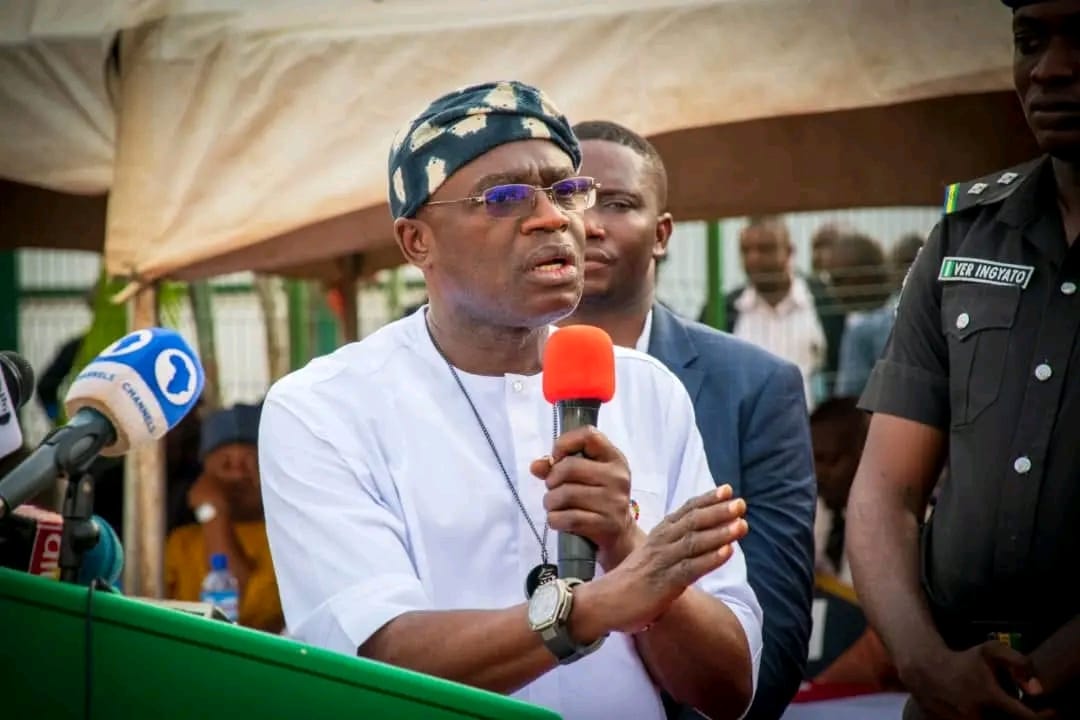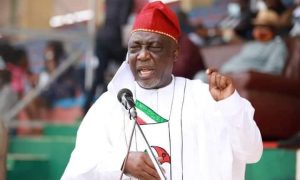Benue news
Benue: Gov Alia spends N29.45bn on recurrent costs despite generating only N8.71bn in revenue

Governor Hyacinth Alia’s administration in Benue State has come under scrutiny as the state spent N29.45bn on recurrent expenses in the first nine months of 2024, despite generating only N8.71bn in revenue—far below its N23.91bn target.
While the state refrained from taking new loans, it allocated N5.48bn to service existing debts, reflecting a growing fiscal strain.
This development mirrors a nationwide trend, as 29 state governments collectively spent N1.994tn on recurrent expenditures over the same period, raising concerns about fiscal discipline and governance priorities amid economic challenges.
Despite these challenges, Benue avoided new borrowing, allocating N5.48bn to service existing debt.
Benue’s fiscal imbalance highlights a broader issue affecting 29 state governments across Nigeria, which collectively spent N1.994tn on recurrent expenditures during the same period. This spending covered non-essential items like refreshments and travel, raising concerns about fiscal discipline amid ongoing economic pressures.
Despite improved allocations from the Federation Account—bolstered by subsidy removal and forex unification—state governments struggled with revenue generation. The 29 states generated N1.92tn in internally generated revenue (IGR), falling short of the N2.868tn target by N948.28bn.
Benue’s performance reflects the financial strain in other states. For instance:
Lagos State: Generated the highest revenue at N912.17bn but also led in recurrent spending at N375.19bn.
Delta State: Spent N121.54bn on recurrent expenses, collecting N97.02bn in revenue.
Bayelsa State: Overshot its revenue target, earning N57.85bn against a target of N23.87bn, yet spent N75.23bn on recurrent costs.
Across the board, states borrowed heavily, with Niger State leading the pack at N79.09bn in loans. In contrast, Benue refrained from new borrowing, a move that underscores a cautious approach to debt.
Experts and stakeholders have criticized the prioritization of non-essential recurrent expenditures, urging state governments to focus on enhancing revenue generation and reducing the cost of governance. The Nigeria Extractive Industries Transparency Initiative recently noted that despite increased allocations, these funds have not translated into significant improvements in citizens’ welfare.






















